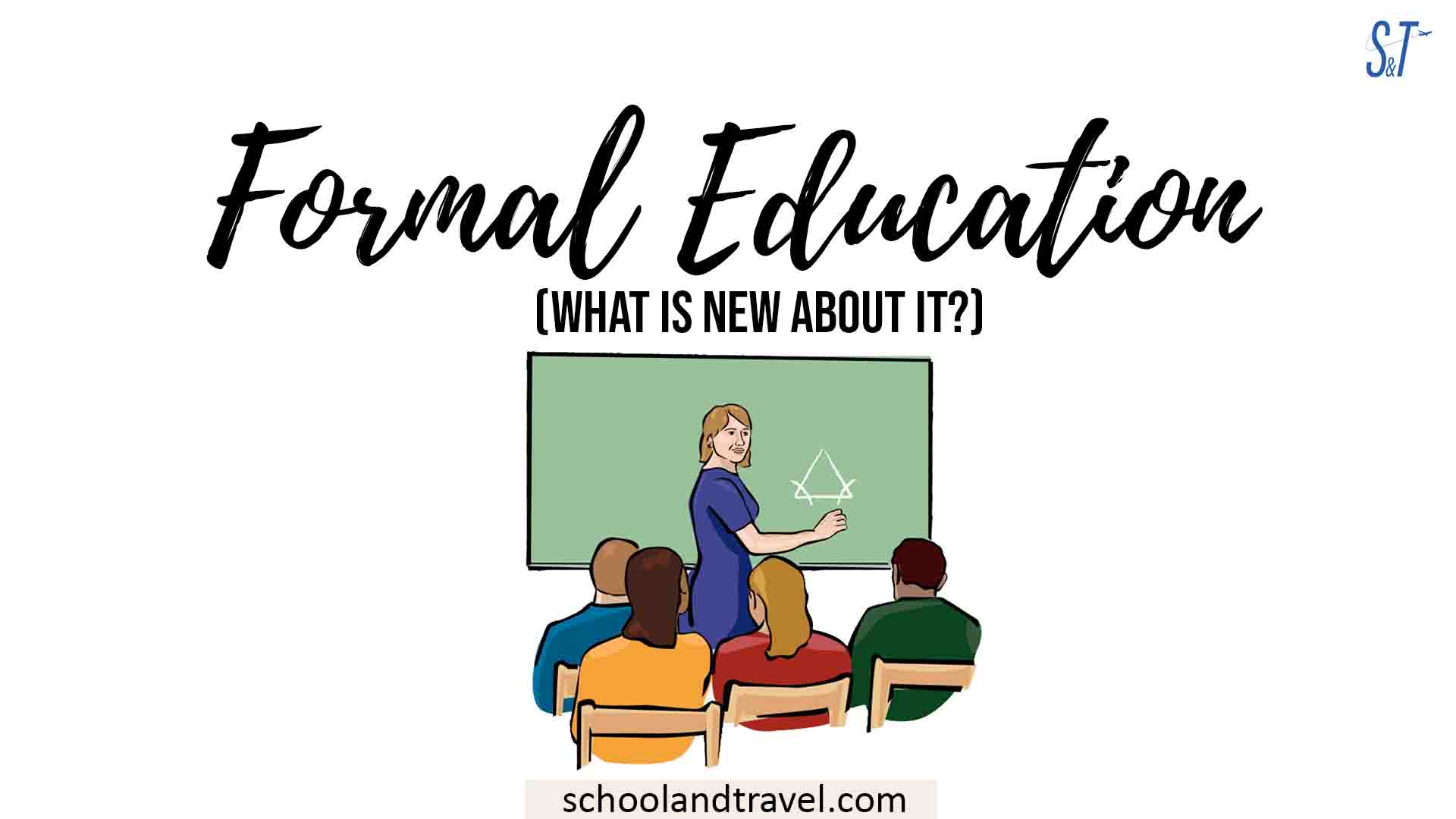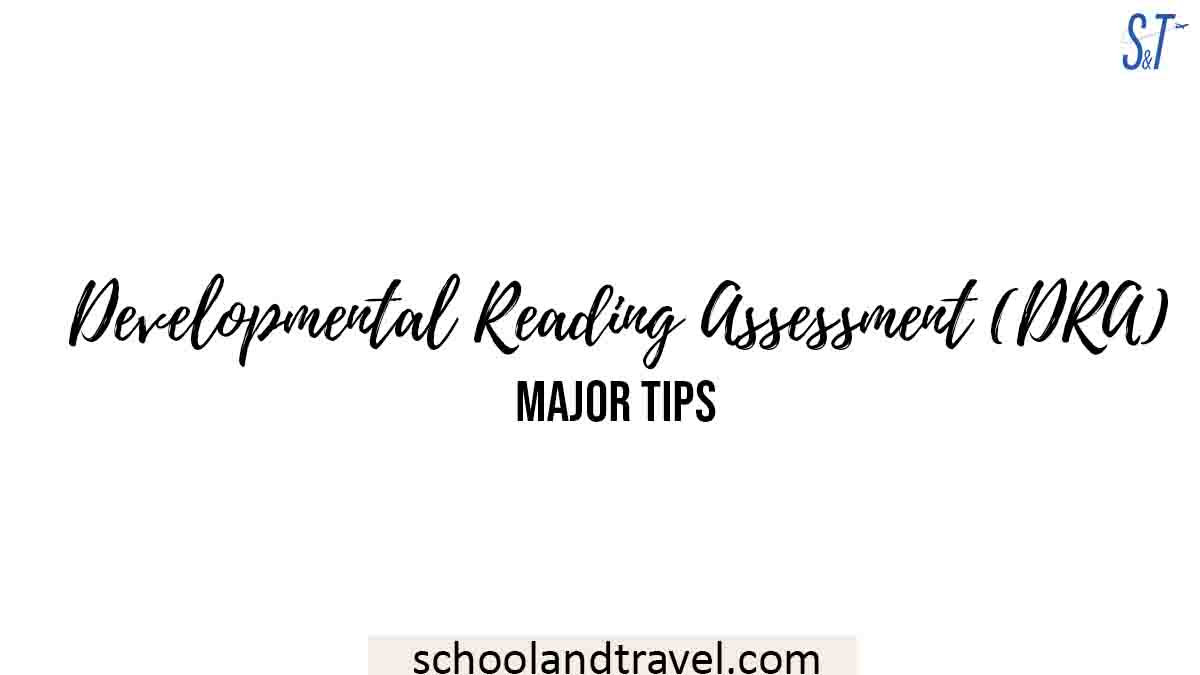Formal education is a type of education or a form of learning that is structured and systematic.
It takes place in a classroom, from elementary school to secondary school and colleges and universities. Under this form of education, students are taught basic academic skills.
Qualified and professional teachers give instruction and teaching in formal education. The learning environment is organized and well-structured, with set guidelines to keep discipline.
The methods of teaching and curriculum used are pre-scheduled, strict, planned, and deliberate. Learning is split into sections and semesters.
At the end or completion of each section and semester, students’ performances and knowledge are tested using standardized tests and exams.
Characteristics of Formal Education:
- Well-structured, planned, and systematic: There is time for everything, and a to-do list or order is followed to achieve a set-out goal (Learning) every day.
- Follows a specific and deliberate curriculum and is subject-oriented: An up-to-date curriculum that will help students learn about the current trends of society.
- Regular standardized tests and exams: A form of assessment for students to know how much they’ve learned, and a grade guides their performance concerning a percentage.
- Time-bound: You won’t stay in school forever, which implies that each level of education follows a curriculum that indicates when you have to move to a higher level or take tougher courses.
Read this: Types of Education (How to choose the best)
Advantages of Formal Education:
1. Certified courses recognized by institutions:
Unlike informal education, where there is no certification to show what you have learned, the formal one gives you proof of learning from the school in which you learned.
2. Discipline in students:
The presence of schedule, structure, and guidelines builds discipline in students. These guidelines help students to be organized and to help the align their life to a specific field or profession.
3. Easy access to jobs:
Organizations want to offer jobs to students who earn a degree from a specific course of study.
This is because educational knowledge and experience are acquired under the supervision of professionally trained personnel.
Disadvantages of Formal Education:
1. Rigid schedule:
The schedule is rigid and can lead to the limitation of the development of certain abilities in students.
More of this occurs when some students who are not academically inclined find it difficult to cope with the current learning system.
2. Cost intensive:
The cost of going through school is not easy to get by; that is why most students find a side hustle to help fund the cost that comes with learning and also being a student.
3. Negative Peer pressure:
Adopting negative habits by students from peers requires much discipline and dedication to cope.
Read this: Types of Teachers: 70% are the number 4 type
FAQs on Formal Education
The term “formal education” is used to describe the systematic approach used by most countries from early childhood education (also called “nursery school”) through higher education and its attendant specialized programs for vocational, technical, and professional development.
An individual’s physical, mental, emotional, and social makeup can all be shaped positively through formal education. Additionally, children who receive a formal education are better equipped to think critically and rationally, which in turn helps them become productive members of society and increases their sense of autonomy.
Some things can’t be achieved through informal and non-formal education alone but can with formal education, such as developing a competitive mindset, fostering a social environment, learning about and appreciating different cultures, and gaining access to one-of-a-kind experiences.
Final tips:
Formal education gives you access to connections and relationships that can be built from meeting people from different parts of the work.
More of it comes from the exposure you gain from learning about the behavior and lifestyle of many people in school who can indirectly become your friends in some aspects.
Formal Education is suitable for every child in the world.
Awesome one; I hope this article answers your question.
Share this Information
Related Articles:
- Post-Secondary Degree (Meaning, types, and benefits)
- Community College Professor (How to, benefits, Salary)
- What does a 1st bachelor’s degree mean? (Quick Answer)
- Online Theatre Degree (Courses, Schools, Benefits)
- Should I bring my PC to College? (Quick Answer)
- Can you wear hats in College? (Quick & Best Answer)
- Can you bring snakes to College (Pet-friendly Colleges)
- Should I bring my console to College? (Best & Quick Answer)





